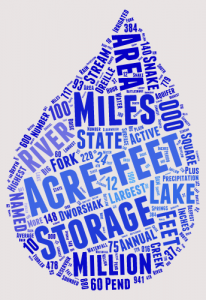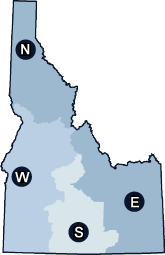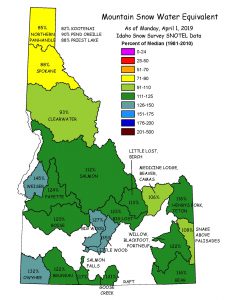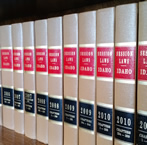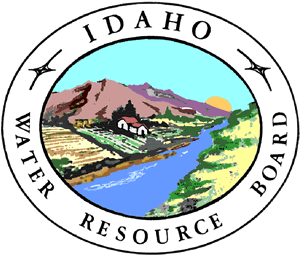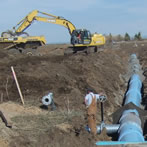IDWR Rulemaking
The Idaho Administrative Procedure Act (“APA”) (Title 67, Chapter 52, Idaho Code), which governs rulemaking in Idaho, defines rulemaking as the process for the formulation, adoption, amendment, or repeal of a rule. This process can be driven by a number of different events but two of the most common are the enactment of a new or amended statute by our state Legislature or the enactment of a new law or regulation by the federal government. However, a citizen’s petition to amend or adopt a new rule, a change in an agency’s process or procedure requirements, a court order, or the need to simply update the rule can cause an agency to initiate rulemaking and set the process in motion.
In Idaho, rules are typically proposed by state agencies, opened for public comment, and in many instances, reviewed by a board of citizens appointed by the governor. If approved by the board, the rules are then sent to the Legislature for review. If the Legislature does not act on the rules, they automatically take effect at the end of the legislative session. However, legislative action affirmatively approving a rule is required when a rule implements a new fee or revises an existing fee. Rules are compiled in administrative codes and people who do not adhere to the rules may be subject to enforcement actions. Rules specifically governing the actions of the Idaho Water Resource Board (IWRB) and the Idaho Department of Water Resources (IDWR) are contained in Chapter 37 of the Idaho Administrative Code.
When feasible, negotiated rulemaking is conducted with interested parties, in order to improve the final rule and expedite the rulemaking process by drawing upon shared information, knowledge, expertise, and technical abilities. Negotiated rulemaking begins with the publication of a Notice of Negotiated Rulemaking in the Idaho Administrative Bulletin. In the event the IWRB or IDWR determines that negotiated rulemaking is not feasible, they will publish an explanation of the basis of the determination in the Notice of Rulemaking – Proposed Rule. Following negotiation, the IWRB or IDWR will publish a Notice of Proposed Rule and the text of the proposed rule. Both documents are published in the Administrative Bulletin, as well as on IDWR’s website.
The Idaho APA requires public comment as part of the rulemaking process. If you are interested in providing comments on one or more of the proposed rules, you may do so by submitting your comments in writing to the person named in the Notice, or by submitting comments to: rulesinfo@idwr.idaho.gov. Please specify the rule name in your comments. Be aware that public comments are part of the rulemaking record and are public record.
After a proposed rule’s comment period has passed, and after any requested hearings have been held, the IWRB or IDWR will publish a Notice of Pending Rule. Pursuant to the Idaho APA, all pending rules are sent to the Legislature for review. Pending rules will become effective when the Legislature adjourns sine die, unless both chambers of the Legislature vote to disapprove a particular pending rule. Rules are compiled in the Idaho Administrative Code and have the force and effect of law.
The IWRB’s and IDWR’s Current rules are published on the Office of Administrative Rules website here: IWRB and IDWR Rules.
Open rulemaking dockets can be accessed here:
Rulemaking Archive
The IWRB’s and IDWR’s archived rulemaking dockets can be accessed here:
If you have questions about IDWR’s rulemaking process contact rulesinfo@idwr.idaho.gov or contact Erik Boe, IDWR’s Rules Review Officer, at 208.287.4800.
Terminology
Reducing or restricting the use of surface or groundwater based on priority date.
A request from a water right holder for the administration of water rights under the prior appropriation doctrine. See IDAPA 37.03.11 for more detail.
A document submitted by a junior-priority groundwater right holder and approved by the Director (as provided in Rule 043) that identifies actions and measures to prevent, or compensate holders of senior-priority water rights for, material injury caused by the diversion and use of water by the junior-priority groundwater rights holders within an area having a common groundwater supply. See IDAPA 37.03.11 for more detail.
Statutes & Rules
Idaho Constitution
Idaho Statute
- Title 42: Irrigation and Drainage — Water Rights and Reclamation
- Title 43: Irrigation Districts
- Title 46, Chapter 10: State Disaster Preparedness Act

